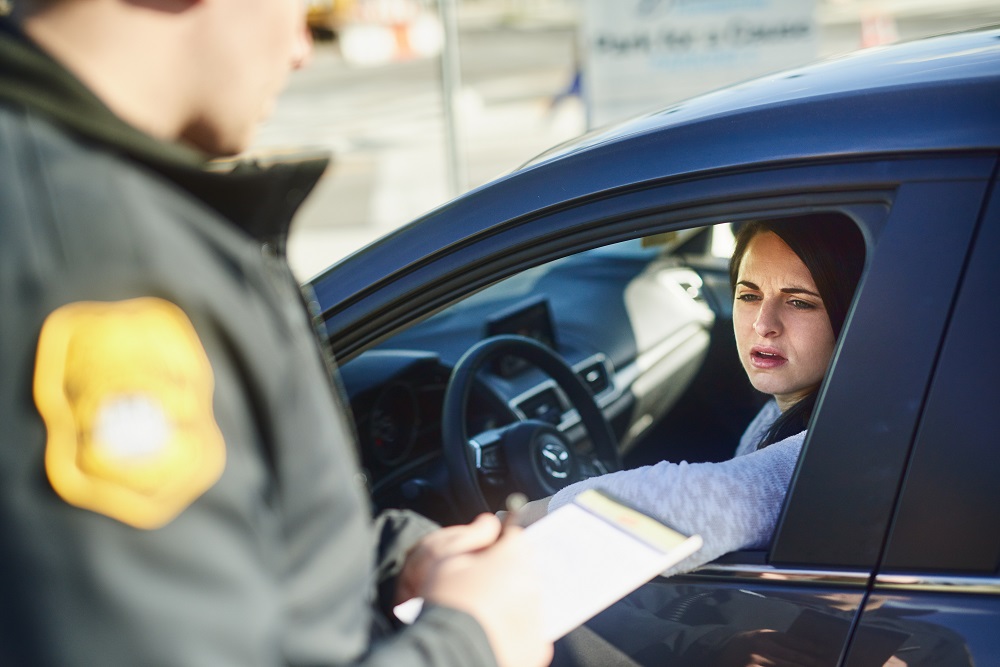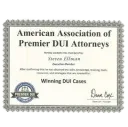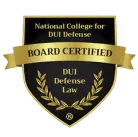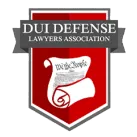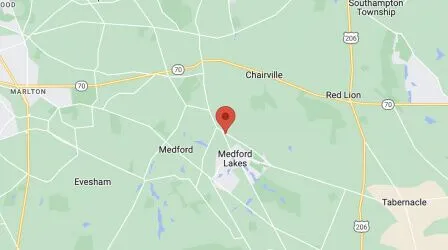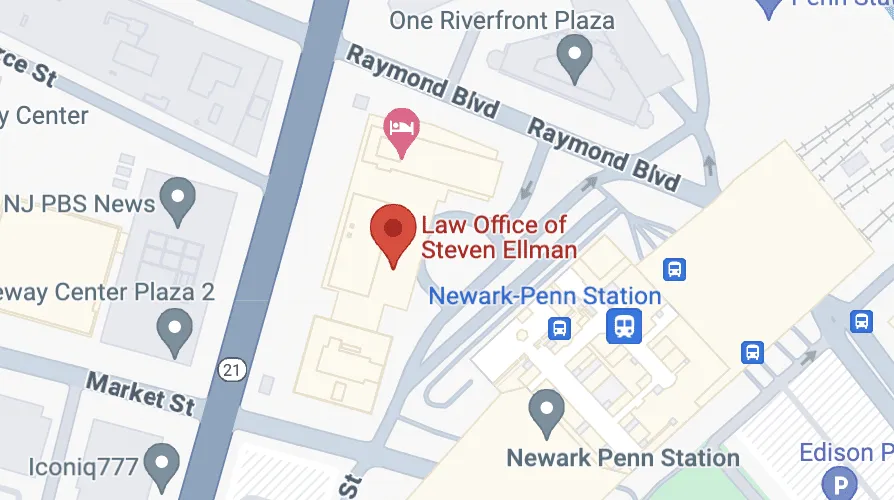Are DUI Checkpoints Legal in New Jersey?
Yes, checkpoints are legal. However, they must follow certain criteria. These are some of the primary requirements:
- There must be specific criteria for stopping vehicles
- Criteria may not be based on race or other discriminatory reasons
- Officers may not stop every vehicle
- Officers may not stop vehicles at random (unless a protocol like every third car)
- The checkpoint must have a specific purpose (“arresting as many drunk drivers as possible” is not a legitimate purpose)
- Police authorities (not individual officers) determine where to set up checkpoints
- Drivers must have advanced warning of the checkpoint
- The checkpoint must be blocked off
If you are stopped at a checkpoint and think it violates these criteria, you should still comply with officers. If you refuse to comply and the checkpoint is legitimate, you may face more significant charges.
If you are arrested at a DUI checkpoint, an experienced DUI attorney can closely examine the facts of your case to ensure the checkpoint was legal. If the checkpoint where you were stopped violated New Jersey regulations, your case could possibly be thrown out.
What Are Your Rights at a New Jersey DUI Checkpoint?
Even if you’re stopped at a legitimate DUI checkpoint, you still have rights.
Turning Around
It is legal to turn around to avoid a checkpoint as long as you don’t violate any traffic laws to do so. However, if an officer sees you turn around, they may see it as suspicious and pull you over.
Avoiding Questions
You are not obligated to answer any questions at a checkpoint. It’s often advisable to keep your windows rolled up and attach a note saying you’re exercising your right to remain silent.
Some drivers place their license and registration into a bag hanging from the window. Legally, you must provide your license and registration — you just don’t have to answer any questions asked of you.
Vehicle Searches
Officers may not search your vehicle unless they have either probable cause or your consent. If an officer asks to search your car, you shouldn’t give your consent.
Breathalyzer Tests
New Jersey is one of the many states with an “implied consent” law. This means that when you drive a car on a public roadway, you consent to breath, blood, or urine tests for alcohol.
However, there’s a caveat — you are not legally required to take a breathalyzer test at the checkpoint. You are required to take a breathalyzer test at the police station if you’re arrested on suspicion of DUI.
If you refuse a breathalyzer, urine, or blood test at the police station, you may be charged with a refusal. In most cases, this means your license is automatically suspended for one year.
Field Sobriety Tests
New Jersey’s implied consent law does not extend to field sobriety tests. If an officer asks you to touch your nose, walk in a straight line, or perform similar tests, you have a right to refuse.
If you do refuse, it’s a good idea to be polite. Police officers do have some discretion when arresting you, and if you’re rude, they may charge you for every possible violation.
For example, if you’re stopped at a checkpoint because you were speeding beforehand (and are then arrested for DUI), an officer might not charge you with speeding if you’re polite. However, if you are rude or belligerent, they might give you a speeding ticket as well.
Are You Facing a DUI Charge?
If you’ve been charged with a DUI, you already know that there’s a lot at stake. Even first-time charges can cost you money, time, and freedom.
When you have an experienced DUI attorney advocating for you, you increase your chances of a favorable outcome. This is especially true if you were arrested at a DUI checkpoint, as there’s a distinct possibility that the checkpoint violated New Jersey law in some way.
Many New Jersey lawyers offer DUI defense, but few focus on it. Steven Ellman has focused on DUI defense for more than 35 years, and he’s also a member of the American Association of Premier DUI Attorneys. If you need a DUI defense attorney, get in touch today for a free consultation.

